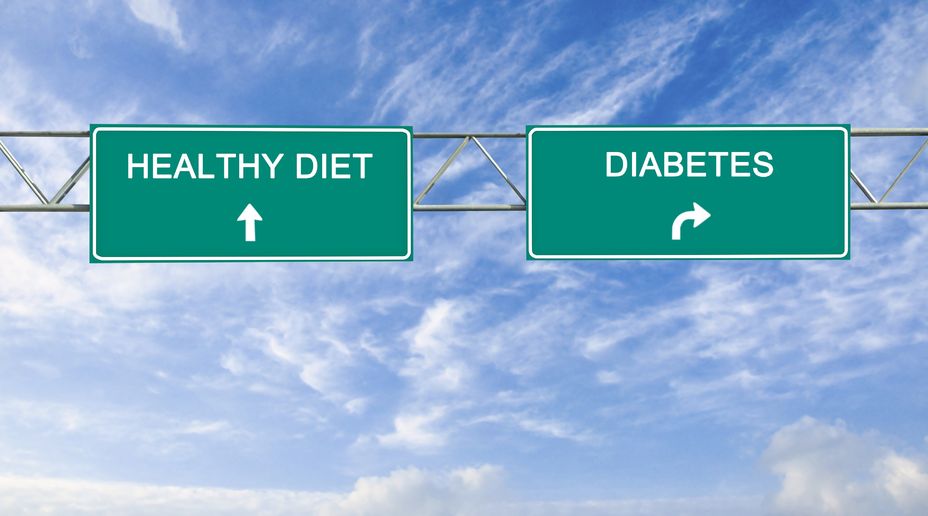
 One of the reasons I became a personal trainer in Louisville, KY was to help people stay healthier using natural methods, including exercise. Lately, there’s been a lot of promotion on food as medicine and rethinking about serious conditions like Alzheimer’s. Several studies are now considering Alzheimer’s as Type 3 diabetes. While most studies are in their infancy, there are links to insulin use in the brain and Alzheimer’s disease. It all starts with genetics in this particular case and shows that serious conditions occur from a variety of causes, not just one. It reminds us that we all are different and have different needs.
One of the reasons I became a personal trainer in Louisville, KY was to help people stay healthier using natural methods, including exercise. Lately, there’s been a lot of promotion on food as medicine and rethinking about serious conditions like Alzheimer’s. Several studies are now considering Alzheimer’s as Type 3 diabetes. While most studies are in their infancy, there are links to insulin use in the brain and Alzheimer’s disease. It all starts with genetics in this particular case and shows that serious conditions occur from a variety of causes, not just one. It reminds us that we all are different and have different needs.
Your genes determine your risk factor.
There’s a study produced by Mayo clinic in both Jacksonville, Florida and Rochester, Minnesota that identified a specific type of the Alzheimer’s gene APOE4 (approximately fifty percent of people with Alzheimer’s have the APOE4 gene.) that affects the brain cells use of insulin, causing them to starve to death and leading to the dreaded Alzheimer’s symptoms. Since it involved the brain’s use of insulin, they called it Type 3 diabetes. People with that genetic factor pose a ten to fifteen times higher incidence of Alzheimer’s than those that don’t.
The study had a hopeful outcome.
The study first identified those they believed would be helped by delivering insulin to the brain, then created an intranasal mist to provide the insulin. The results were excellent and a great start. The decline of brain functions slowed in some patients and reversed in others. The next step is a bigger trial backed by the National Institute of Health.
What you can do until there is a cure.
If you’re at risk for diabetes, have insulin resistance or have diabetes, the best preventive measure you can take is keeping your blood sugar levels under control. One study showed that people who used medications, like Metformin, for four years, had only one fourth of the risk of dementia and Alzheimer’s. Animal studies show GLP-1 receptor agonists—newer diabetes drugs—also improved memory. Even if you don’t take medication, laying off donuts and high glycemic products and eating a healthy diet can help.
- Just like controlling insulin resistance and diabetes 1 and 2, exercise is also a boost in brain health. Not only will it help reduce the risk of Alzheimer’s, it also helps prevent dementia and other brain diseases.
- Besides eating a healthy low glycemic diet, eating probiotic foods, those with omega-3, vitamins D, B12 and folate can help. Lowering your carb intake and including healthy protein and fat in your diet boosts your resistance.
- Adding foods like blueberries and spinach to your diet can also reduce the potential for Type 3 diabetes.
- Control stress in your life. One of the best ways to burn off stress and enjoy that great feeling is a hard workout. Learning meditation or deep breathing can also help. My favorite, after exercise, is to be thankful. Wake up every morning and go to bed every night thinking of something you’re thankful for that day.
